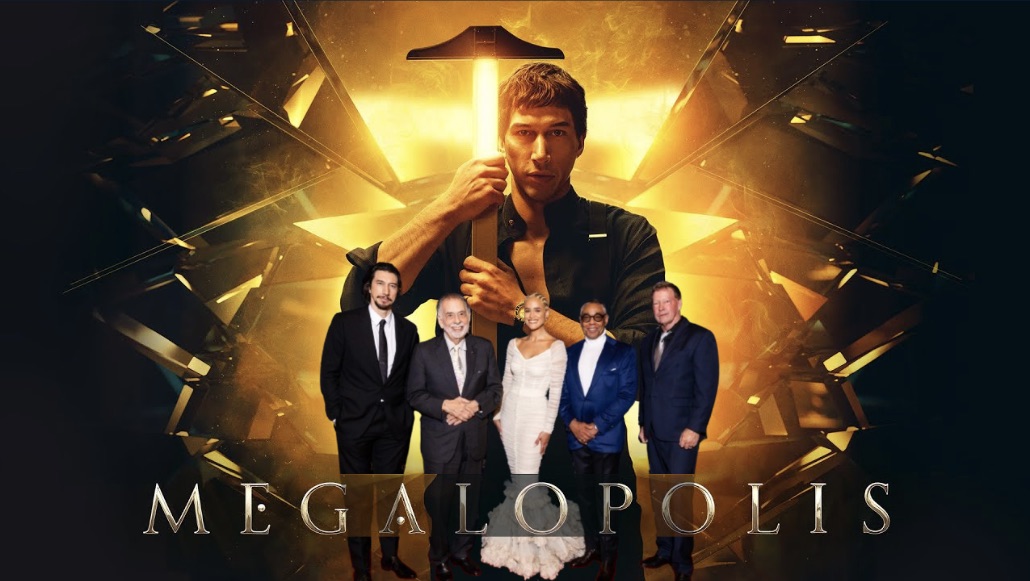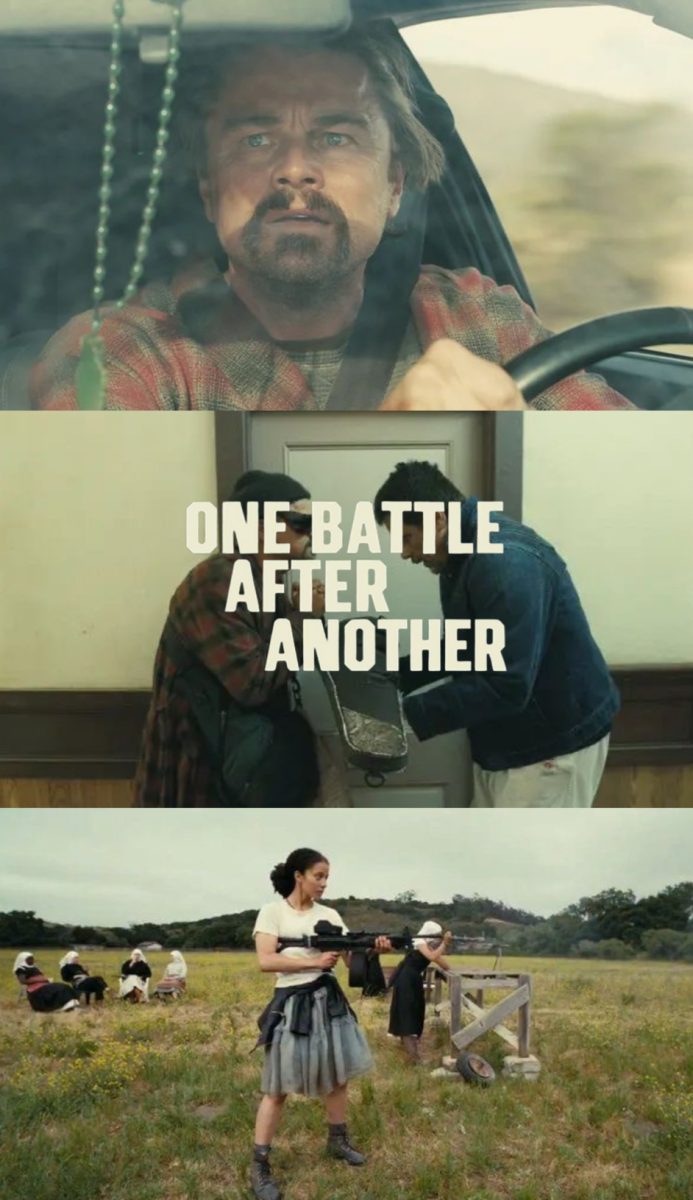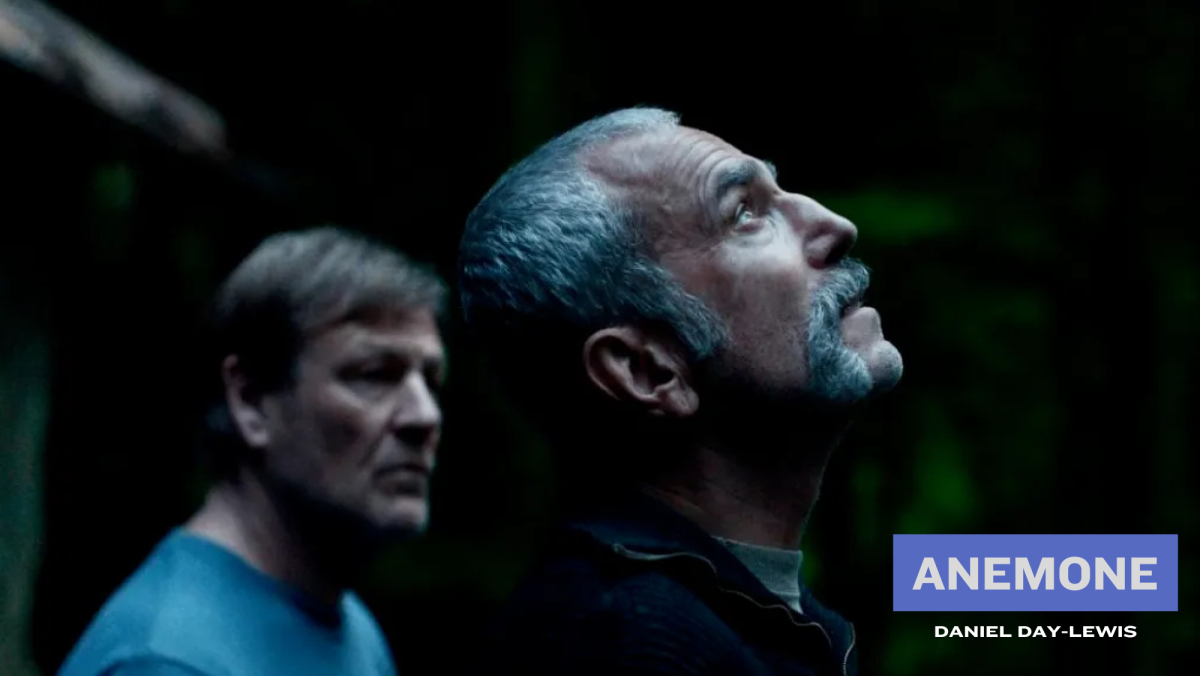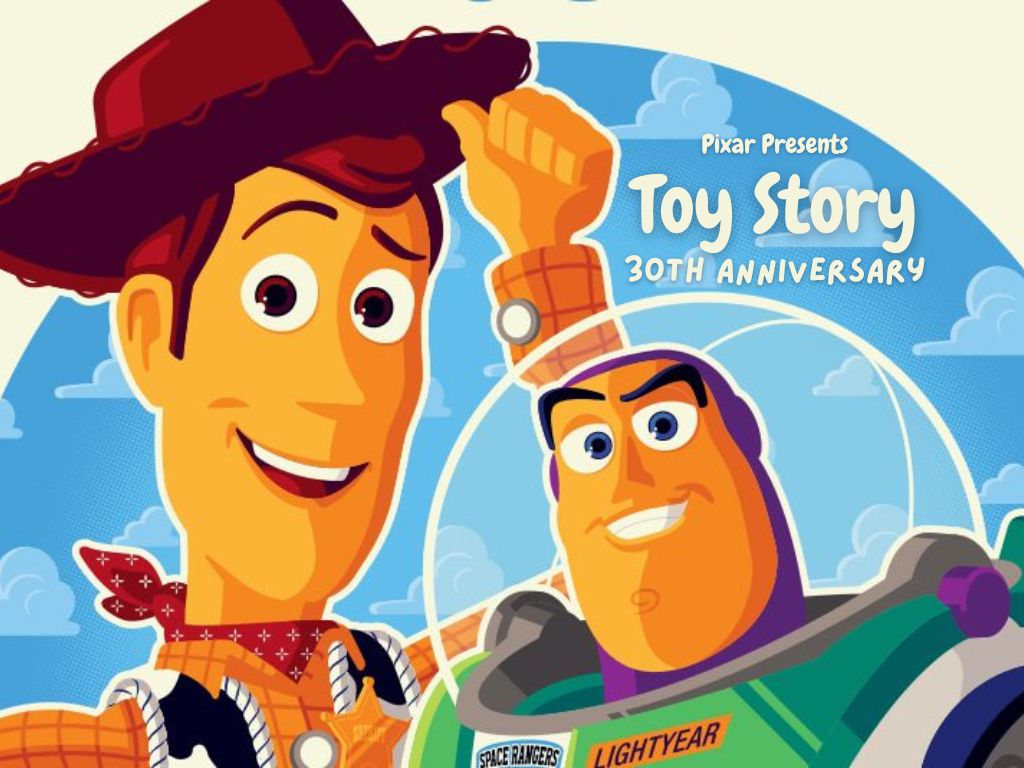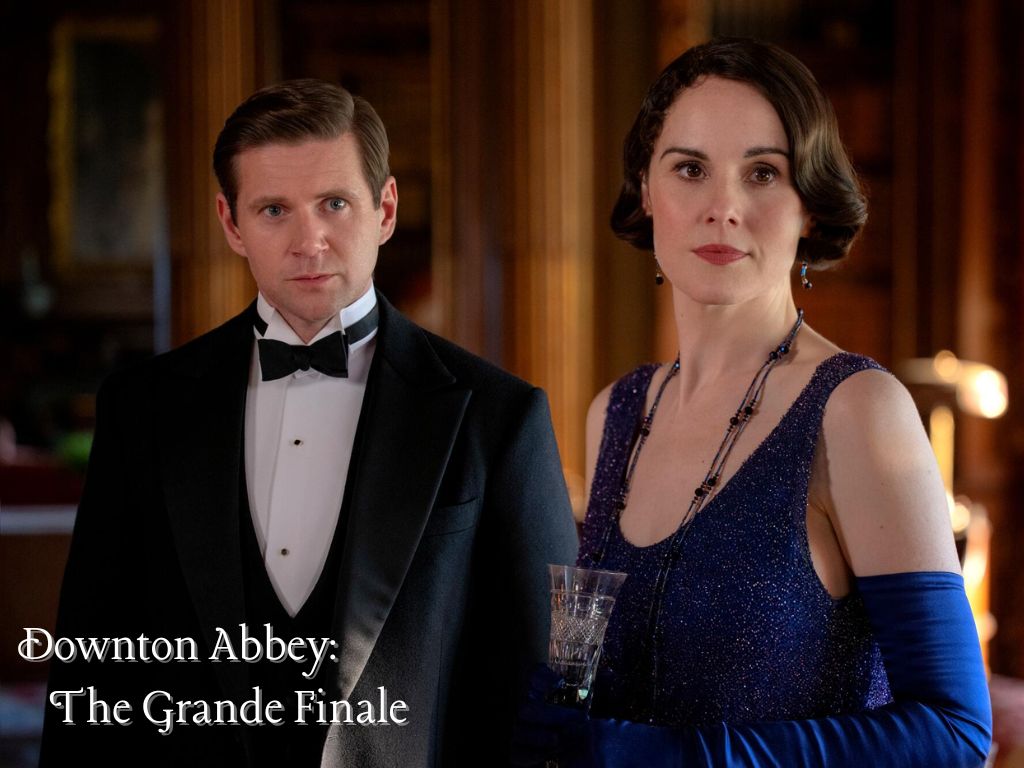It’s difficult to imagine the buildup to a film like “Megalopolis”: the passion product and “dream script” of legendary director Francis Ford Coppola (“The Godfather,” “Apocalypse Now”) and a project that has reportedly been in the works since the early 80’s.
The film is so personal and important to Coppola that he self-financed it by selling his wine company in order to fund the estimated $120M budget.
Megalopolis was hotly anticipated by many simply because of the status associated with Coppola’s name, but all of the other factors going into this movie made it seem to some like theaters were about to be graced with a new all-time classic from a titan of the medium.
However, this confidence began to wane once the film debuted at the Cannes Film Festival in May to extremely divisive reactions all while the film was still searching for a distributor.
Now that “Megalopolis” has had its wide release and is available for all to see, it’s clear why the film had such a hard time picking up a distributor in the first place. To put it bluntly, it’s a mess.
This is over 40 years of ideas crammed into a 138-minute runtime that consistently struggles to maintain any sense of consistency, momentum or even logic. It’s absurd at every turn and quite possibly the most entertaining thing you’ll find in theaters right now.
Thinking back to the events of “Megalopolis” in the days after I watched it was like trying to recount a fever dream. Although the film has little to offer in the way of a cohesive story, scene after scene there are countless individual moments to be amazed by; just not in the way Coppola intended.
Sometimes it’s something as simple as the fact that there is a major character with the name Wow Platinum. The character, played by Aubrey Plaza, would be funny enough based solely on her name, but her repeated hobby of dumping exposition while simultaneously attempting to have sex with other characters makes everything about her baffling.
Sometimes it’s a seemingly nonsensical editing choice, such as a sequence where the film only played out in a small rectangle taking up around a ninth of the screen. This very scene is accompanied by a real-life participant in some screenings, including a few at Boston’s AMC Assembly Row theater. However, in the vast majority of screenings across the world, this scene plays out awkwardly with pre-recorded dialogue and an unusual screen size that is never acknowledged and is quickly followed by another sequence in which multiple reels of footage are suddenly displayed in a vertical aspect ratio. With or without the intended participation, it’s bizarre.
Sometimes it’s one of many cheap visual effects, like the sequences in which Cesar Catalina, played by Adam Driver, is shown to be physically enlightened by having several translucent copies of himself separate from his body, creating an unintentionally hilarious effect. The same can be said for plenty of other sequences, like when Wow Platinum’s floating head gives a dramatic monologue while rotating across the center of the screen.
Sometimes it’s an entire story beat, like how Cesar is shot point-blank in the face by a 12-year-old only to immediately be revived after a brief sequence of psychedelic effects. It’s an attention-grabbing moment that unfortunately has no impact on the larger scope of the story, and that can be said of just about every major plot point here until the ending suddenly drops in to quickly shuffle everything to the finish line. When broken down into significant moments, “Megalopolis” is about a man who wants to build a utopia, succeeds in building that utopia and… that’s it? All conflict is resolved out of nowhere for a harmonious conclusion that feels unearned.
Regardless of what it is, “Megalopolis” is always surprising in new ways around every corner. In many ways, this is a good thing, as it makes the experience far more memorable than it would have been had the film simply been a disappointing falter from a renowned director. “Megalopolis” can be a fantastic time with the right mindset, but it’s difficult to call any aspect of it good, and anyone expecting this to rival the director’s most esteemed classics should look elsewhere.


